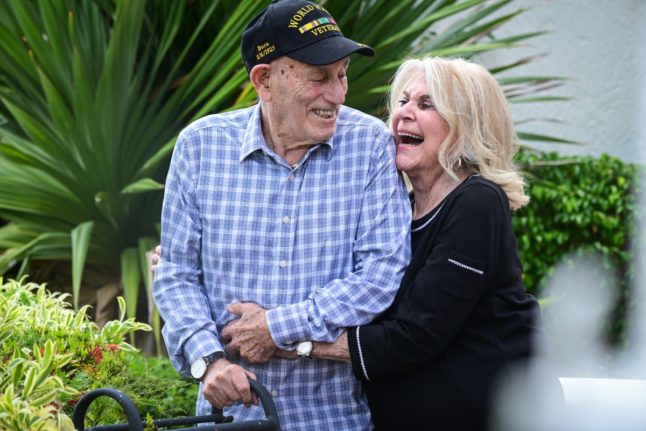Harvard University said on Wednesday that it had removed human skin from the binding of a book held for over 90 years at one of its libraries.
A copy of the 19th-century book Des Destinées de l’Ame (Destinies of the Soul) – a meditation on life after death – was found in 2014 to be bound in the skin of a deceased woman.
The university said at the time that Dr Ludovic Bouland, the first owner of the book written by French author Arsène Houssaye, had taken skin from the body of a mentally ill woman, who died of a heart attack, at a hospital where he worked.
Bouland was said to have told Houssaye in a note: “A book about the human soul deserved to have a human covering.”
Harvard will remove binding made of human skin from 1800s book
The University has said it will be removing the binding made of human skin because of the “ethically fraught nature” of how the unusual binding took place.
Bk Name: Des Destinées De L’Ame (or Destinies of the Soul) pic.twitter.com/QFewYIo51B
— Vexwift (@vexwift) March 28, 2024
Harvard said it had removed the binding and noted “past failures in its stewardship of the book that further objectified and compromised the dignity of the human being whose remains were used for its binding.”
The university said it was consulting with French authorities “to determine a final respectful disposition of these human remains.”
Harvard – widely considered the oldest college in the United States – had indulged interest in the morbid story of the book, calling the 2014 discovery “good news for fans of anthropodermic bibliopegy, bibliomaniacs and cannibals alike.”
Anthropodermic bibliopegy – the practice of binding books in human skin – was once a relatively common practice, Harvard said in a 2014 blog post.
In Wednesday’s media release, Harvard said its stewardship practices related to the book had “failed to meet the level of ethical standards to which it subscribes.”
It noted that, following scientific analysis confirming it was bound in human skin, the library made blog posts which “utilized a sensationalistic, morbid, and humorous tone that fueled similar international media coverage.”
In 2022, Harvard released a report that identified more than 20,000 human remains in its various collections, which ranged from skeletons to teeth, hair and bone fragments.




 Please whitelist us to continue reading.
Please whitelist us to continue reading.
Member comments